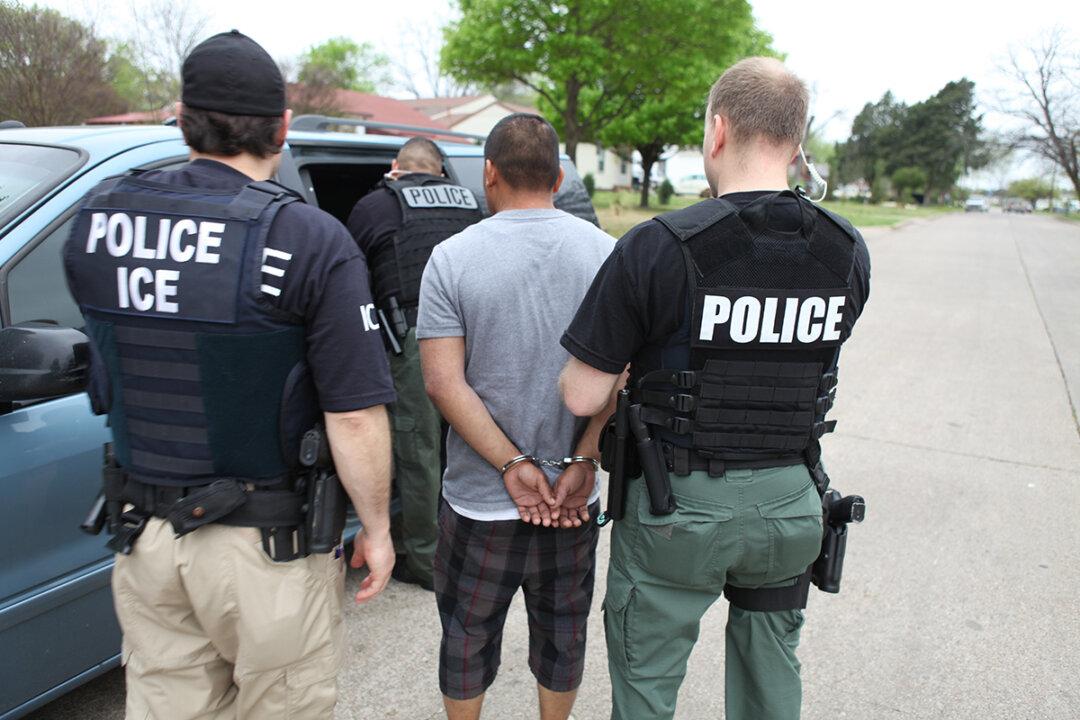The Maryland legislature has kicked off its annual push to enact sanctuary bills aimed at shielding illegal immigrants from federal immigration authorities.
Hearings are underway for four matching bills in both the House and Senate, including three that are almost replicas of those that failed to pass a year ago.





